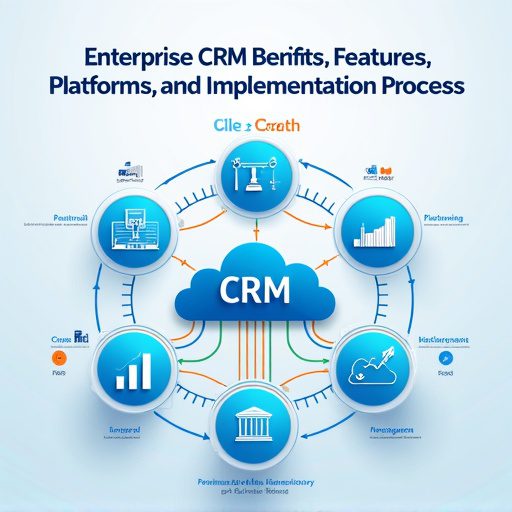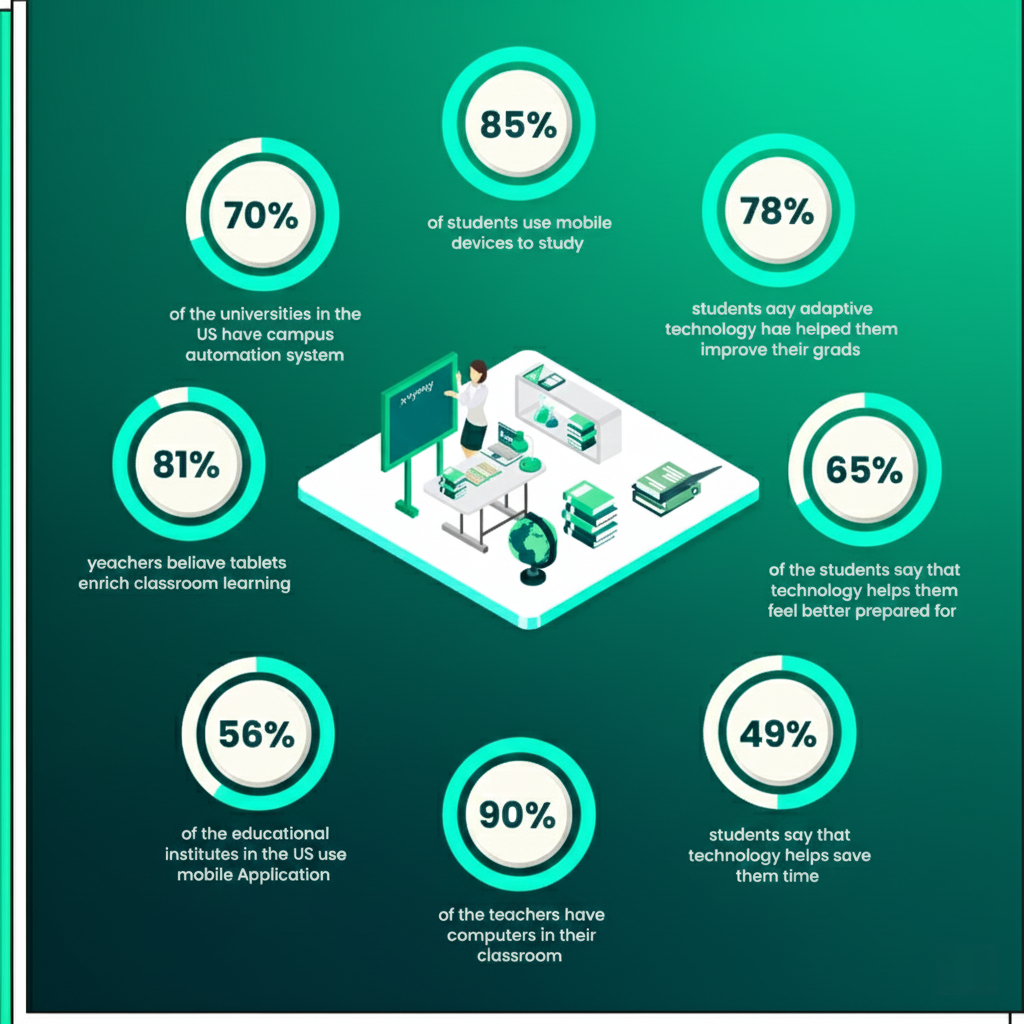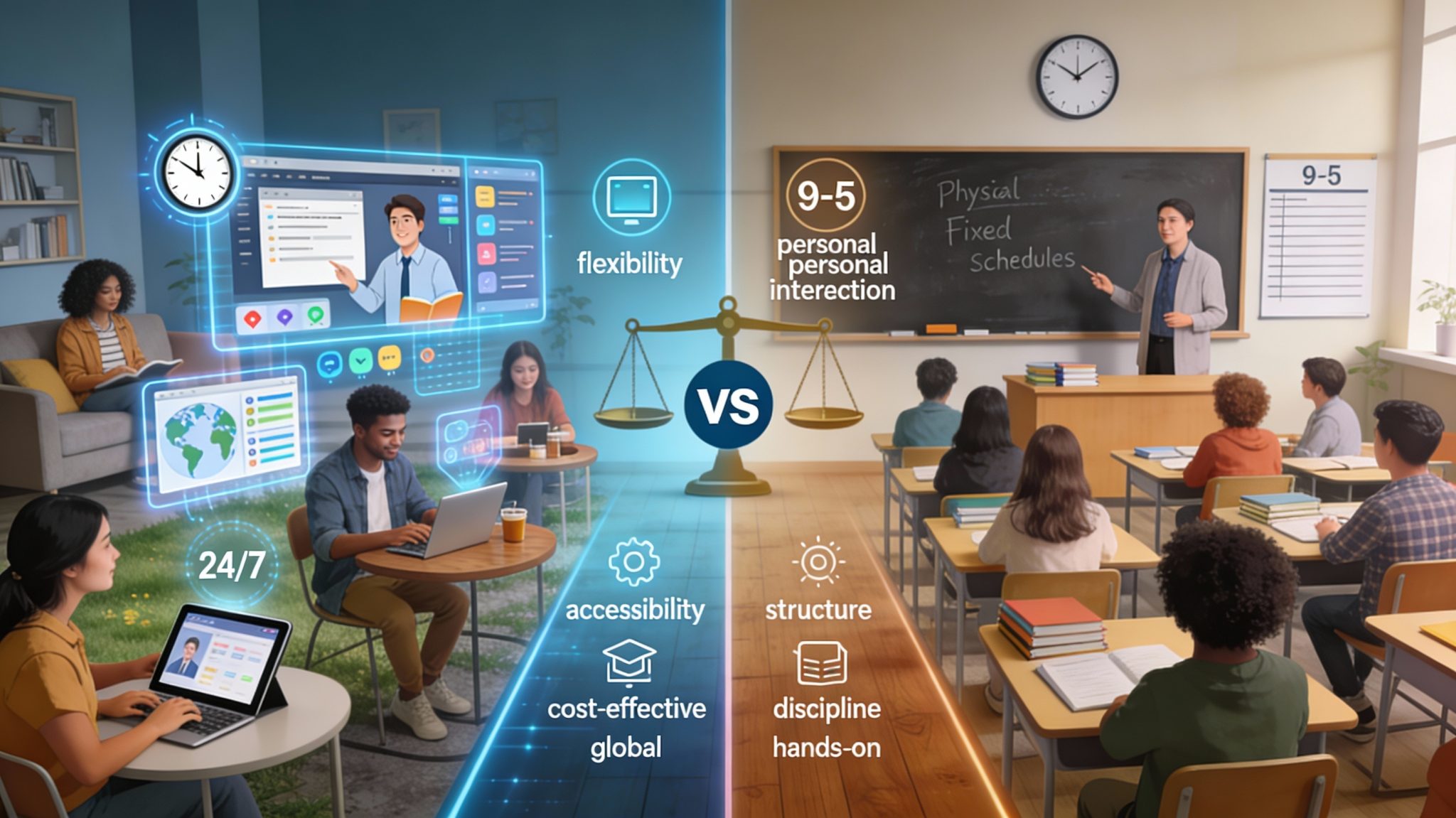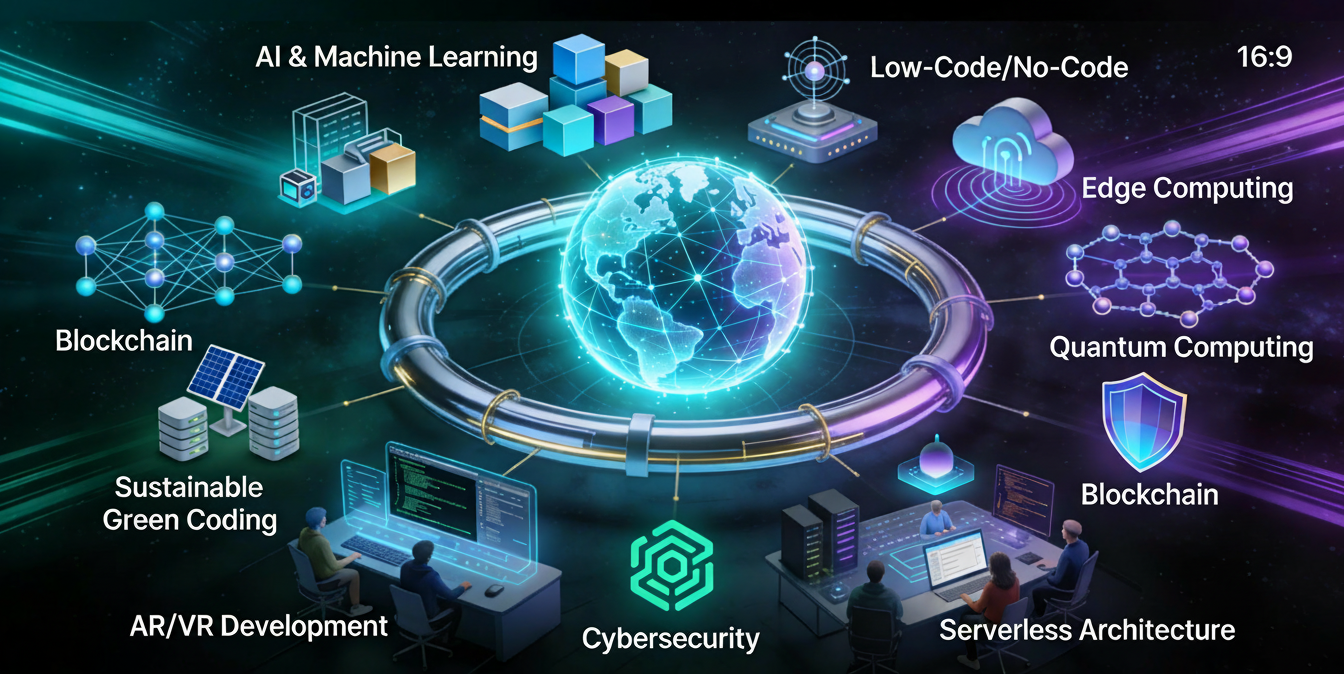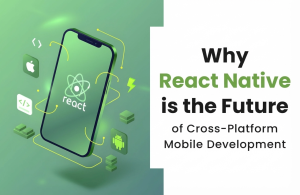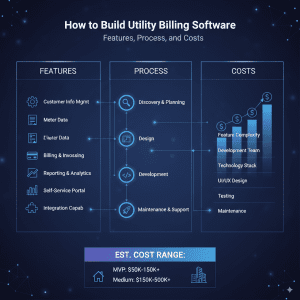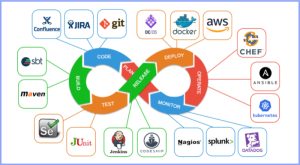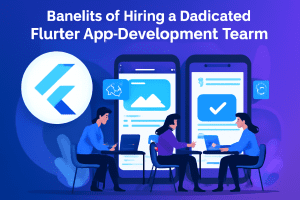Introduction
Enterprise CRM (Customer Relationship Management) platforms are powerful tools that transform how large organizations manage customer data, improve engagement, and drive business growth. Below is a detailed blog-style guide, covering benefits, features, leading platforms, and the implementation process, with strategic backlinks to your TechOTD resources.
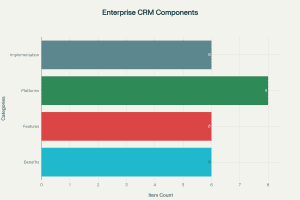
In today’s hyper-competitive marketplace, Enterprise CRM is not merely a software—it’s an integrated approach that centralizes data, automates workflows, and fuels personalized customer journeys at scale. When implemented with advanced technologies like AI and predictive analytics, CRM becomes a strategic driver of efficiency, compliance, and business agility. Discover how AI and tech consulting can elevate CRM on TechOTD’s AI solutions page.
Key Benefits of Enterprise CRM
360° View of Customers
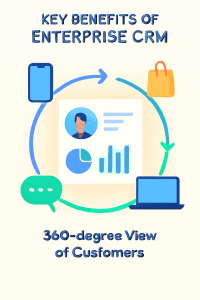
Enterprise CRM consolidates all customer data—interactions, preferences, support tickets—into a unified dashboard, providing a 360-degree customer profile. This empowers sales, marketing, and support teams to deliver informed, personalized service and anticipate customer needs. Learn how holistic data fuels AI-driven insights on TechOTD’s privacy and AI page.
Improved Team Collaboration
CRM platforms break down silos, enabling seamless information sharing across sales, marketing, and customer support departments. This unified communication boosts efficiency and ensures everyone works towards common goals.
Data-Driven Decision Making
Advanced analytics and reporting tools enable data-driven strategies, empowering management to spot trends, forecast sales, and make informed decisions. For a deeper dive into data analytics, visit TechOTD’s predictive analytics feature.
Streamlined Sales and Marketing Processes
Automation of repetitive tasks—lead tracking, appointment scheduling, follow-ups—lets teams focus on strategic initiatives, shortens sales cycles, and improves productivity.
Enhanced Customer Experience
CRM software personalizes every touchpoint—recommendations, promotional offers, and support—leading to higher customer satisfaction and loyalty. Explore more on TechOTD’s blog about seamless customer journeys.
Compliance and Risk Management
Modern platforms are designed to help businesses adhere to data privacy regulations and industry standards, crucial for finance, healthcare, and other regulated sectors. For more insights, read TechOTD’s how we work page.
Essential Features of Enterprise CRM
Holistic Customer View
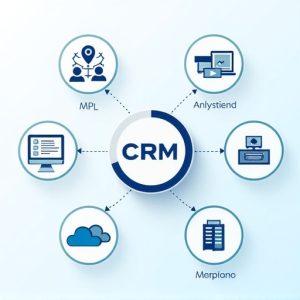
Provides a consolidated, real-time profile of each customer, tracking every email, call, transaction, and support request.
Advanced Automation and AI
Automation tools drive efficiency in sales, marketing, and workflows. AI features offer predictive analytics, intelligent recommendations, and chatbots—see TechOTD’s blog on LLMs and AI in customer journeys.
Customizable Dashboards and Analytics
Enterprises require deep analytics, granular segmentation, and real-time reporting to identify opportunities and mitigate risks.
Multichannel Communication
Integrated email, chat, phone, and social media support ensure consistent, timely engagement with customers wherever they interact.
Security and Compliance
Enterprise-grade CRMs offer robust security features: role-based access, encryption, audit trails, and compliance tools for GDPR, HIPAA, and more.
Integration and Extensibility
APIs and integrations connect CRM with ERP, marketing automation, e-commerce, and legacy systems for seamless data flow across the organization.
Top Enterprise CRM Platforms
| Platform | Best For | Key Distinction | Pricing/Notes | [More Info] |
|---|---|---|---|---|
| Salesforce | Customization, large-scale deployments | Deep modularity, AI, ecosystem | From $165/user/mo, AI extra | Leading Gartner MQ |
| SAP CRM | Integrated ERP-CRM for SAP users | Native SAP integration, global | Quote-based | |
| Oracle CX | Large, complex organizations | Flexibility, analytics, CX tools | Quote-based | |
| Microsoft Dynamics 365 | Microsoft-centric organizations | ERP links, hybrid cloud options | Flexible tiers | |
| HubSpot Enterprise | Quick setup, remote teams | User-friendly, marketing-heavy | Competitive pricing | |
| Zoho CRM | Growing enterprises, customization | Automated workflows, scalability | Lower overall TCO | |
| Zendesk Sell | Sales and support integration | Suited for Zendesk users | Per-seat pricing | |
| Freshsales | AI-driven engagement | Fast, contextual interactions | Modern UI, flexibility |
Discover more platforms and business app tips at TechOTD’s industry blogs.
The Enterprise CRM Implementation Process
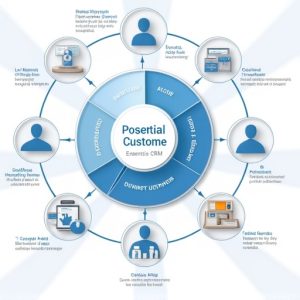
1. Define Strategy and Objectives
Start by mapping out business objectives, key performance indicators, and a data strategy. Use TechOTD’s consulting framework to establish clear priorities.
2. Data Migration and Integration
Cleanse existing data, de-duplicate records, and plan integrations with core systems (ERP, e-commerce, etc.). Blockchain integration—see blockchain in Dubai business—can add transparency to data migration.
3. Platform Selection and Customization
Choose a CRM platform based on scale, industry, compliance, and integration requirements. Custom-build modules as needed, adjusting workflows, triggers, and dashboards for your enterprise’s unique processes.
4. User Adoption and Training
Invest in staff training, change management, and cross-departmental workshops. Encourage power users and stakeholders to champion the CRM for maximum adoption.
5. Launch and Ongoing Support
Roll out in phases—start with pilot departments, gather feedback, iterate, and expand. Leverage continuous analytics and support for long-term ROI. For best practices in tech project launches, visit TechOTD’s mobile services page.
6. Advanced Optimization
Integrate AI-driven analytics, marketing automation, and predictive customer scoring. Review and refine workflows to drive ongoing efficiency. Explore predictive analytics solutions on TechOTD’s featured blog page.
Real-World Use Cases
-
Sales Acceleration: Automated lead scoring and next-best actions reduce time-to-close and increase sales.
-
Customer Service Excellence: Omnichannel ticketing and AI-powered chatbots resolve issues faster, improving CSAT.
-
Marketing ROI: Segmentation, journey mapping, and attribution modeling optimize spend and boost conversion rates.
-
Risk & Compliance: Audit trails, consent management, and data protection features mitigate regulatory risk—critical for finance and healthcare.
-
Mobile CRM: Field sales and service reps use mobile apps to access/updating customer data on the go; see TechOTD’s mobile frameworks guide.
Conclusion
Adopting an enterprise CRM is transformative for large organizations—it centralizes operations, unleashes team potential, personalizes every customer interaction, and future-proofs against changing regulations. For ongoing trends, strategies, and CRM case studies, explore:
